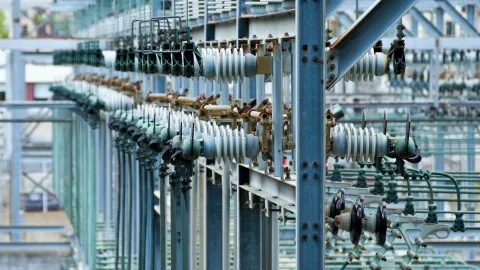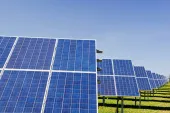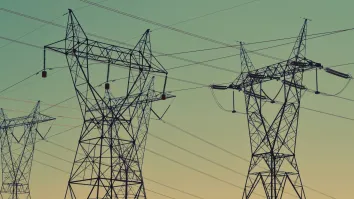
TNB profit down by 8% YoY to $793.4m in 2022
This is due to the higher taxes paid during the period.
Malaysia’s Tenaga Nasional Berhad (TNB) Group’s profit after tax declined by 8% year-on-year (YoY) in 2022 to around $793.4m (RM3.56b) due to higher taxes.
In a statement Dato’ Indera Ir. Baharin Din said attributed the higher taxes to the deferred tax movement of $116m (RM520.7m), and the imposition of the prosperity tax of around $76m (RM340.8m).
The profit declined despite the 5.7% YoY revenue growth to $11.3b (RM50.87b).
READ MORE: Malaysia’s TNB collaborates with 3 Thai energy firms for energy transition
“This was propelled by a 5.2% year-on-year (YoY) improvement in electricity demand, mainly in the industrial and commercial sector. Electricity demand in Peninsular Malaysia alone, grew by 6.0% YoY,” the CEO said.
Meanwhile, TNB’s earnings before interest, taxes, depreciation and amortisation rose 10.9% YoY to $4.6b (RM20.81b) due to higher electricity revenue and lower allowance for doubtful debts on the back of collections improvement.
$1 = RM4.49



















 Advertise
Advertise





